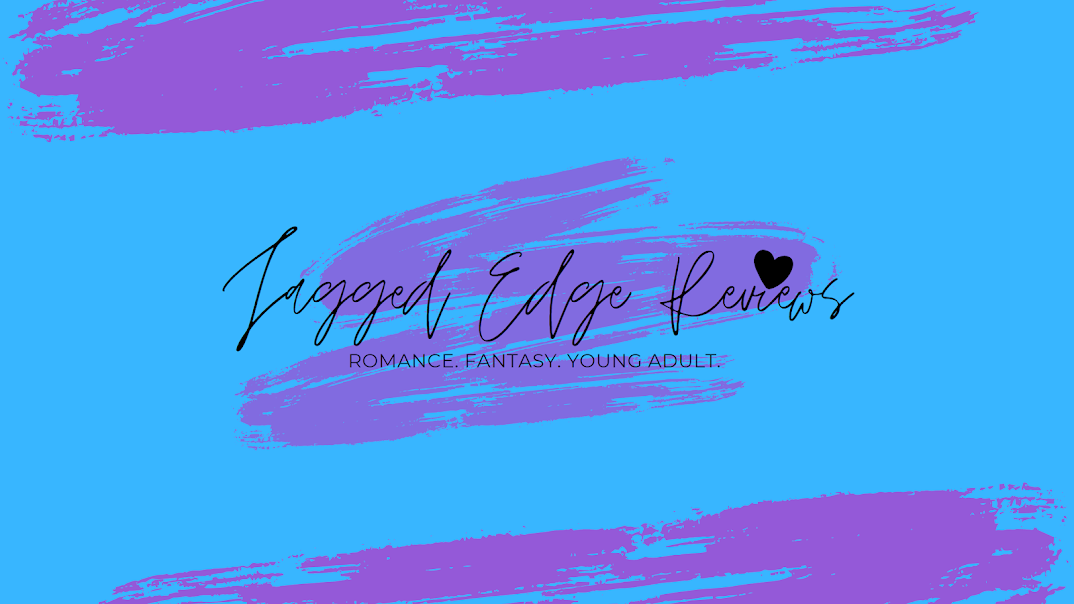
In another blog post, I talk about looking for your next door muse – finding that activity or source that inspires and seeds and stretches your brain with new and fascinating ideas. But, in my writing experience, there’s lots more that you can do to put your head in the right space to generate badass fiction. And one of the big things for me has been music.
Now, I’ll admit that some days I find music distracting and have to turn it off and write in silence. For whatever reason, this often seems more conducive to generating the quiet, carefully-plotted creepy scenes. It’s hard to concoct a moment where the protagonist is beset upon by silent, lurking shadows when you’ve got Lady Gaga blasting in the background. But when the moment’s right and the scene is right, the perfect music accompaniment can draw out more nuanced emotion, more complicated behavior, and sometimes a surprise left turn when you were expecting the character to go right. It’s almost as though the characters themselves can hear the soundtrack, and respond accordingly.
For Devil’s Hand, several musicians had pretty direct influence on the story, even going so far as to actually suggest a major plot point with one lyric. Sister Machine Gun’s [R]evolution album figured heavily in the makeup of Trent’s character, especially songs like “Carbon Copy Man” and “Strange.” Albums by Evanescence and Tool were on frequent rotation when working on characters like Celia and the Prince of the Shadow Realms. And other artists snuck in too: Morphine, Beck, Nine Inch Nails, and Bonnie Prince Billy, to name a few. But no musician influenced Devil’s Hand and it’s upcoming sequels as much as Johnny Cash. As a child of the Appalachians, I have roots that stretch into the soil there and remain connected, even now that I live under the hot sun of Texas. The music of the mountain folk, the bluegrass, and the religion-hued old-style country still speak to some deeper part of me, and I find myself returning to them whenever digging into the world of Trent and Celia and Ramón and the demons. And, for my money, no man draws the listener into that musical world better than Mr. Cash. From his classics like “Ring of Fire” to his more recent covers of powerful songs like “There Ain’t No Grave” and “Hurt,” Johnny’s voice and styling evoke a deep and complicated relationship between man and God, sin and redemption, and law and rebellion. Of course, these are all direct themes in Devil’s Hand. Johnny Cash’s songs, and indeed his own life, reflect the more difficult aspects of stories tied to the Judeo-Christian traditions. It’s simply not that easy to be a pure man of good in a world so dark. Every choice made has both light and dark repercussions. Every path taken can lead to Hell if you don’t pay attention to the road signs. Johnny Cash understood this better than anybody. He walked those roads, turned around, came back, then found himself heading right back down them again. This personal struggle defined his life and music and, instead of burying it behind a glitzy mask and effervescent smile like so many other popular musicians, Cash brought it out, full and clear and uncompromising, in his songs. As far as I’m concerned, Johnny was the musical equivalent of Milton’s Paradise Lost and Dante’s Inferno.
The next time you lay fingers down on your keyboard, ready to build up your newest hero or villain, think about their personal soundtrack. What musician or song encapsulates your fiction in five minutes of tune and lyrics? What speaks to the incidents and decisions and personal demons that drive your character forward, hold them back, haunt their waking hours? What music would make them happy, giddy, jubilant, triumphant? Yours doesn’t have to be dark and brooding like Cash; that works for me because of the story I’m writing. But maybe your heroine sashays to the sultry sounds of Norah Jones. Perhaps your hero rolls on waves of bass beneath the Los Angeles sun. Your mad scientist works feverishly against the violent, building crescendo of a great symphony. And when an important character dies, is a full military band playing taps, or is a lonevocalist standing just out of sight, her song quiet and forlorn?
When I sit down to write the more challenging, nuanced parts of TrentHawkin’s journey through the dark reality of the Drawing Thin series, I find myself associating his fictional trials and tribulations to those real ones that faced The Man in Black and the characters that figured in his lyrics. Trent struggles, like Cash and his subjects, with the repercussions of terrible mistakes, with the realities of an imperfect nature, with Faustian choices where the road leads into darkness either way, with the struggle between doing what’s right and doing what must be done. Yet, through it all, Trent never forgets where he came from or who is important to him. The music of Johnny Cash never fails to echo that with grace and perfection and that signature gritty toughness. With The Man in Black backing him up, Trent won’t forget who he really is, no matter what situation I send him into. With the right soundtrack, there ain’t no grave that can hold Trent down.
M. E. Patterson is an author of sci-fi, fantasy, horror, and thrillers, as well as an information technologist. He received an English/Fiction Writing degree from Virginia Tech, where he studied under nationally-recognized writers and poets. He has published short stories on Revolution SF and his first manuscript for his book, Devil’s Hand http://www.amazon.com/dp/B005EM2PE8/ref=as_li_tf_til?tag=mepa-20&camp=0&creative=0&linkCode=as1&creativeASIN=B005EM2PE8&adid=0GAR3EHCWX8HM30JJB6N, placed in the top five in the Writers’ League of Texas Manuscript Contest.
You can visit his website at http://devils-hand.com/ or his blog athttp://blog.digimonkey.com.
Connect with him on Twitter at www.twitter.com/ mepatterson or Facebook athttp://on.fb.me/dhnovel






No comments:
Post a Comment